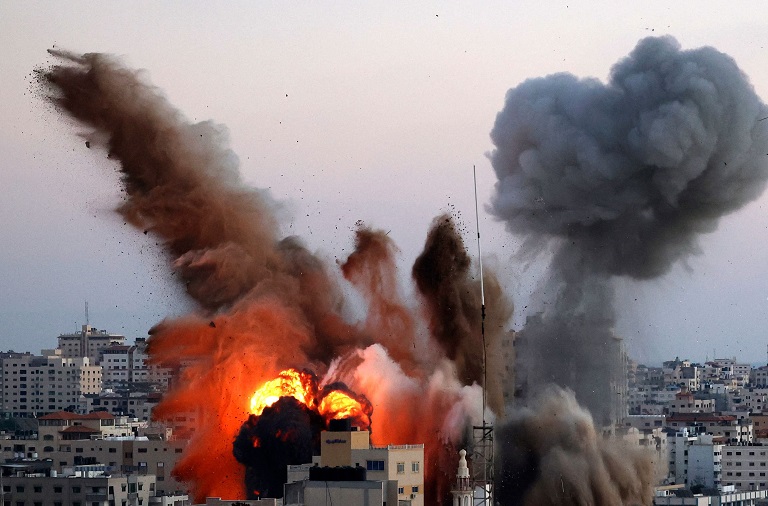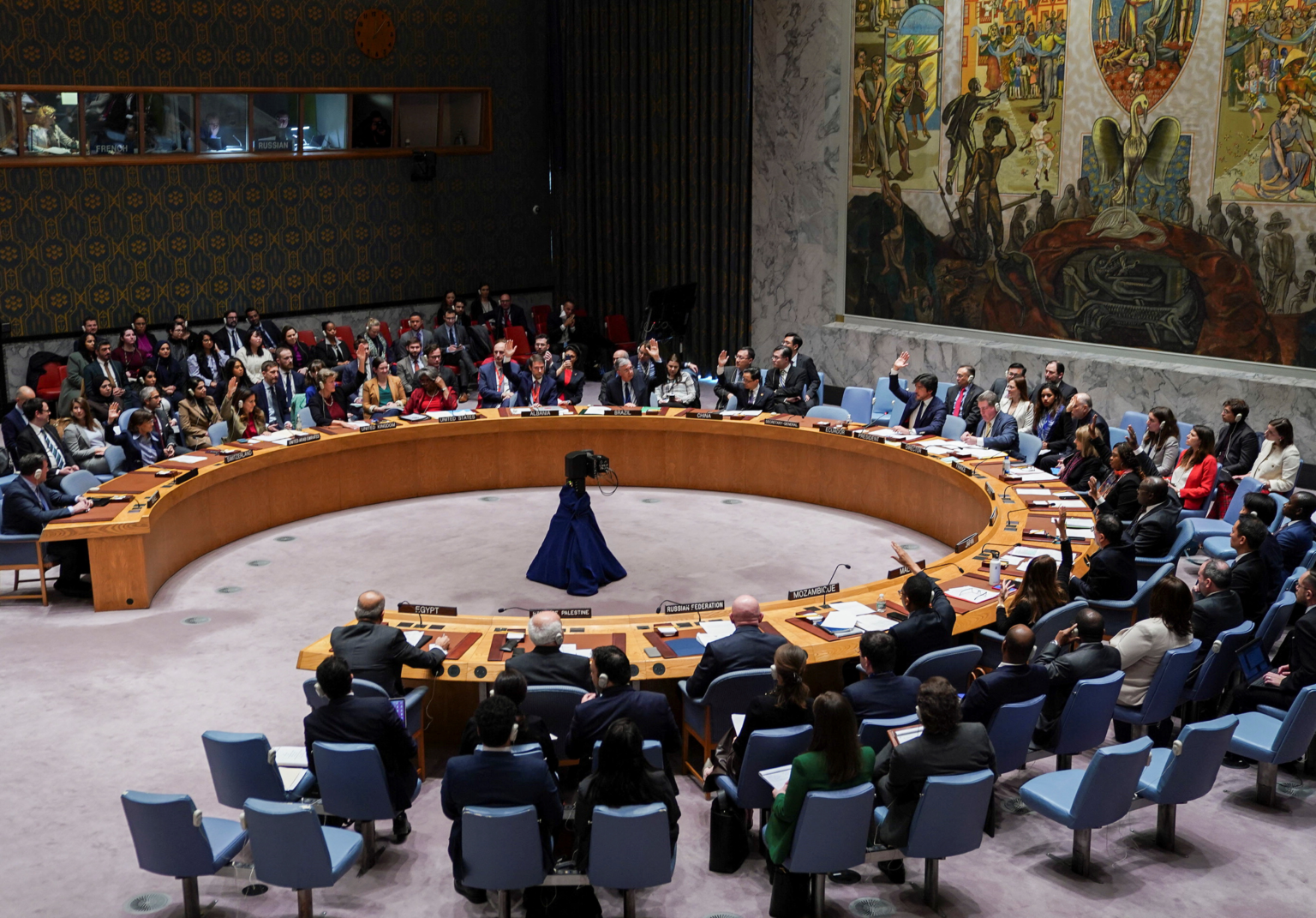On Friday, the United Nations Security Council approved a moderated effort to enhance humanitarian aid to the Gaza Strip, emphasizing the need for urgent measures to establish conditions for a sustainable cessation of hostilities. The United States abstained, enabling the adoption of a resolution proposed by the United Arab Emirates.
The resolution, following negotiations, no longer diminishes Israel’s control over aid deliveries to Gaza’s 2.3 million population. However, a weakened language on the cessation of hostilities caused frustration among some council members, including Russia and certain Arab and Organisation of Islamic Cooperation states. They perceive it as a potential endorsement for Israel to take further action against Hamas in response to an October 7 attack.

The adopted resolution now urges immediate steps to facilitate safe, unhindered, and expanded humanitarian access, aiming to create conditions for a sustainable cessation of hostilities.
The original draft called for an “urgent and sustainable cessation of hostilities” to facilitate aid access. Russia proposed amending the draft to revert to the initial text, but the United States vetoed the amendment, receiving 10 votes in favor while four members abstained.
Earlier in the month, the UN General Assembly, with 153 states in favor, demanded a humanitarian ceasefire, previously vetoed by the United States in the Security Council. The U.S. and Israel oppose a ceasefire, arguing it would only benefit Hamas, and instead support temporary pauses in fighting to safeguard civilians and free hostages held by Hamas.
Regarding aid monitoring, last month the U.S. abstained, allowing the Security Council to call for urgent and extended humanitarian pauses in fighting to facilitate aid access. This decision followed four unsuccessful attempts to take action.
Traditionally shielding Israel from UN action, the US has twice vetoed Security Council measures since the October 7 Hamas attack. Israel’s response has involved air bombardment, a siege, and a ground offensive, resulting in a significant death toll and a humanitarian crisis in Gaza.
UN officials have warned of a looming humanitarian catastrophe, with most Gazans displaced, and the World Food Programme reporting that half of Gaza’s population is starving, with only 10% of required food entering since October 7.
During negotiations on the adopted resolution, a key issue was an initial proposal for UN Secretary-General Antonio Guterres to establish a mechanism in Gaza to monitor aid from non-participating countries.
A compromised solution emerged, urging Guterres to appoint a senior humanitarian and reconstruction coordinator to establish a UN mechanism for expediting aid to Gaza through non-participating states. This coordinator would be responsible for facilitating, coordinating, monitoring, and verifying the humanitarian nature of all aid.
The Security Council also called on the warring parties to adhere to international humanitarian law, condemning attacks against civilians, civilian objects, violence, hostilities against civilians, and acts of terrorism.


